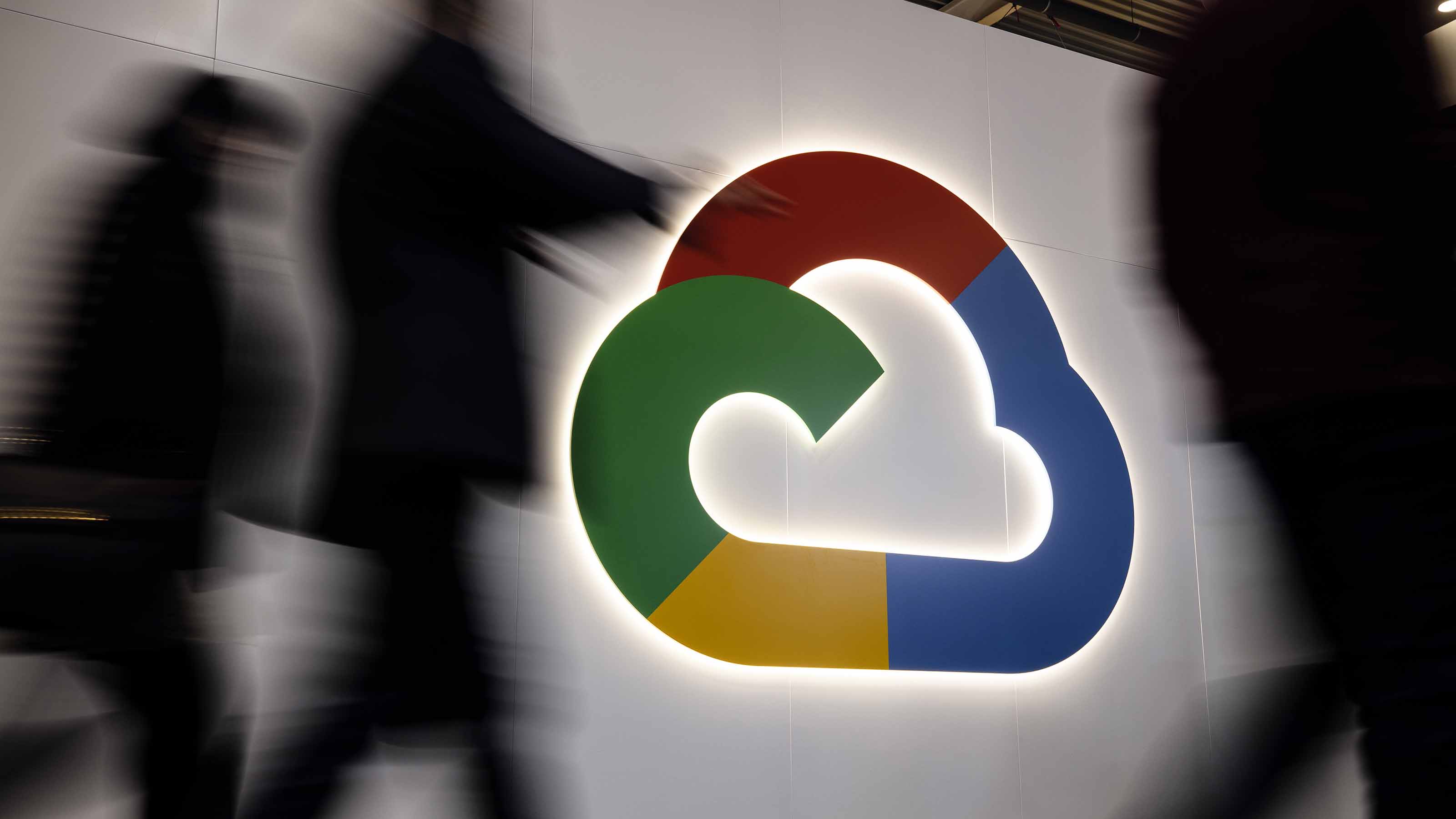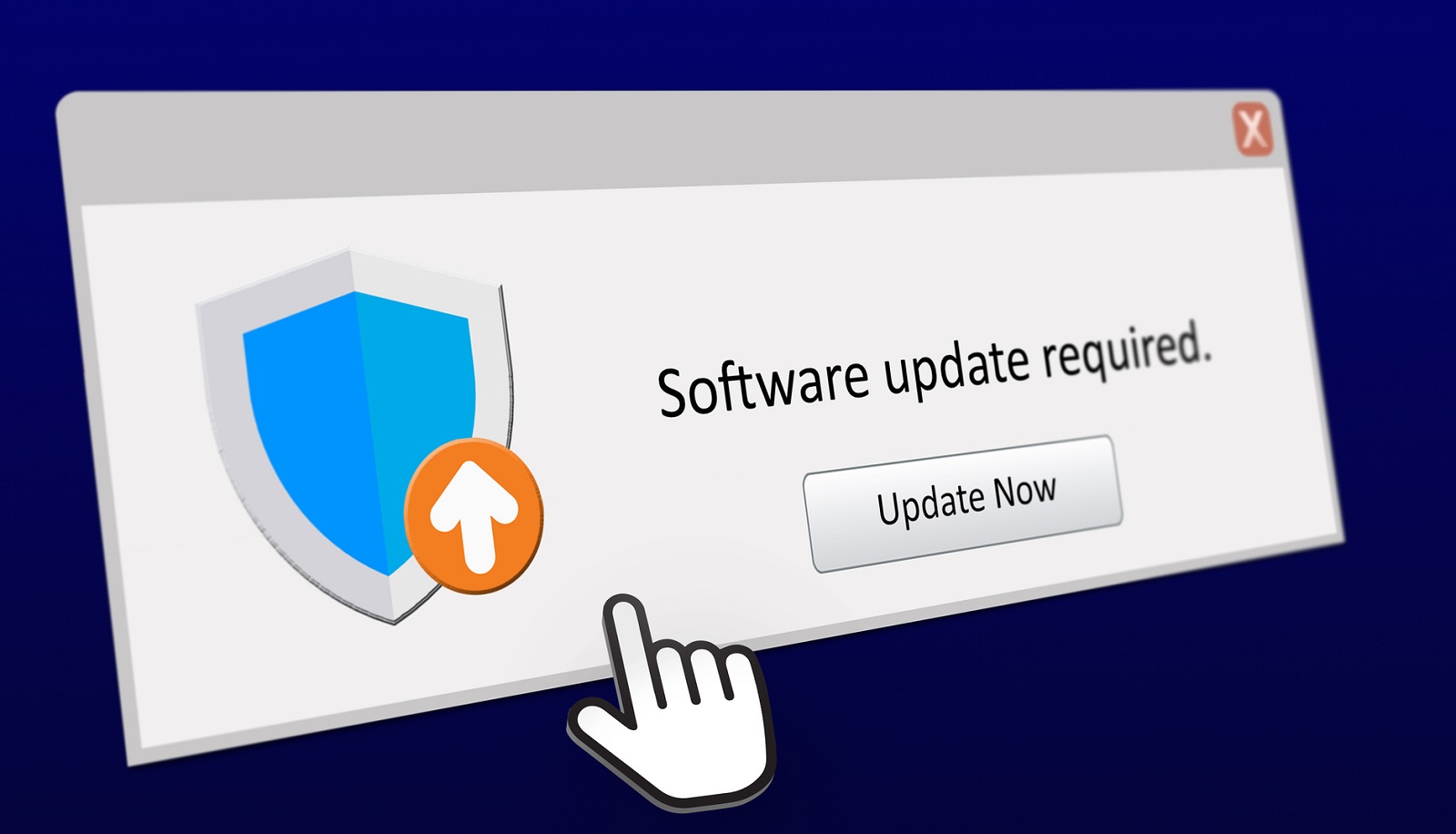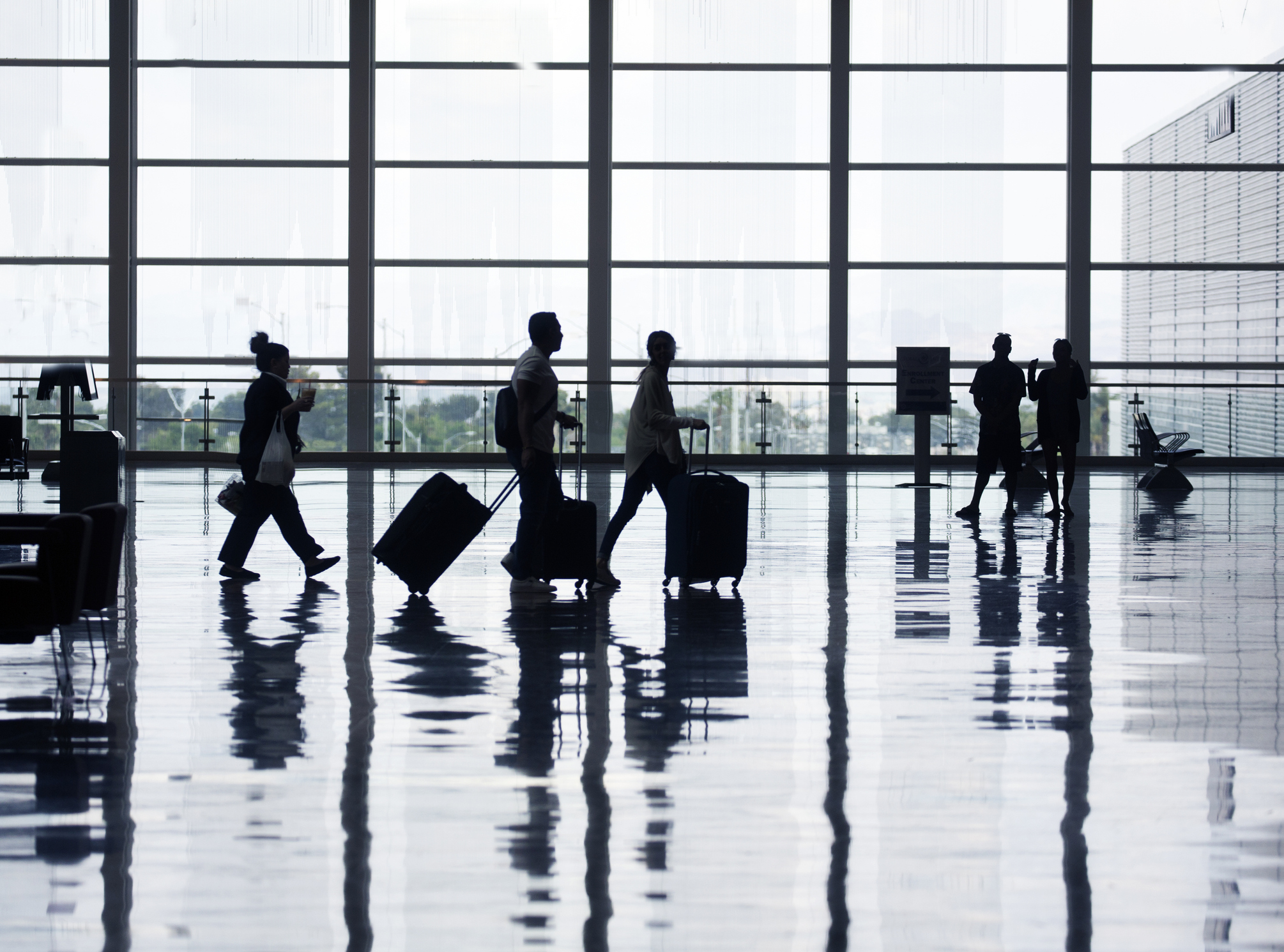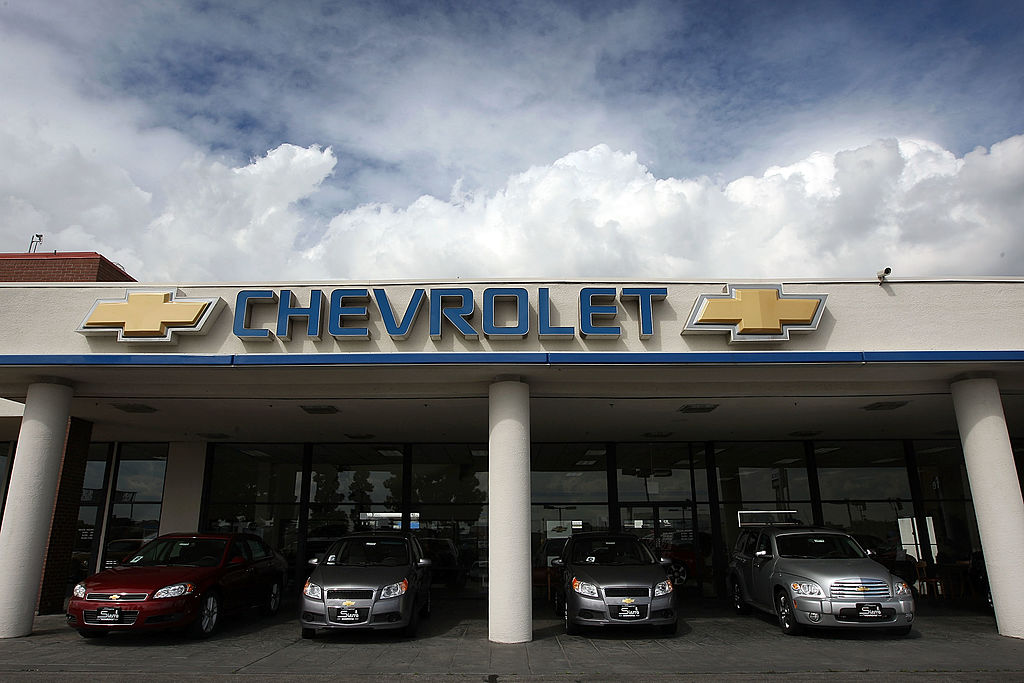Google to Pay $700M Settlement Over Its Play Store Practices
Of the total, Google will pay $630M to certain consumers who made purchases in its app store, an amount equal to at least about $2 per eligible consumer.


Profit and prosper with the best of Kiplinger's advice on investing, taxes, retirement, personal finance and much more. Delivered daily. Enter your email in the box and click Sign Me Up.
You are now subscribed
Your newsletter sign-up was successful
Want to add more newsletters?

Delivered daily
Kiplinger Today
Profit and prosper with the best of Kiplinger's advice on investing, taxes, retirement, personal finance and much more delivered daily. Smart money moves start here.

Sent five days a week
Kiplinger A Step Ahead
Get practical help to make better financial decisions in your everyday life, from spending to savings on top deals.

Delivered daily
Kiplinger Closing Bell
Get today's biggest financial and investing headlines delivered to your inbox every day the U.S. stock market is open.

Sent twice a week
Kiplinger Adviser Intel
Financial pros across the country share best practices and fresh tactics to preserve and grow your wealth.

Delivered weekly
Kiplinger Tax Tips
Trim your federal and state tax bills with practical tax-planning and tax-cutting strategies.

Sent twice a week
Kiplinger Retirement Tips
Your twice-a-week guide to planning and enjoying a financially secure and richly rewarding retirement

Sent bimonthly.
Kiplinger Adviser Angle
Insights for advisers, wealth managers and other financial professionals.

Sent twice a week
Kiplinger Investing Weekly
Your twice-a-week roundup of promising stocks, funds, companies and industries you should consider, ones you should avoid, and why.

Sent weekly for six weeks
Kiplinger Invest for Retirement
Your step-by-step six-part series on how to invest for retirement, from devising a successful strategy to exactly which investments to choose.
Google recently released details of a $700 million settlement agreement that it reached with multiple state attorneys general earlier this year over alleged antitrust violations concerning its U.S. Play app store.
Of the $700 million total, the company has agreed to pay $630 million into a settlement fund for consumers — an amount equal to at least $2 per eligible consumer, who may get more based on their spending in the app store from August 16, 2016 to September 30, 2023, according to the agreement.
The tech giant is to pay the remaining $70 million into a fund that will be used by all 50 states, the District of Columbia, Puerto Rico and the Virgin Islands.
From just $107.88 $24.99 for Kiplinger Personal Finance
Become a smarter, better informed investor. Subscribe from just $107.88 $24.99, plus get up to 4 Special Issues

Sign up for Kiplinger’s Free Newsletters
Profit and prosper with the best of expert advice on investing, taxes, retirement, personal finance and more - straight to your e-mail.
Profit and prosper with the best of expert advice - straight to your e-mail.
In addition, Google agreed to simplify the ability of consumers to download apps directly from developers, according to a December 19 Reuters report. The company was accused of overcharging consumers in the app store through “unlawful restrictions on the distribution of apps on Android devices and unnecessary fees for in-app transactions,” Reuters said in the report.
Google, which released the details of the settlement yesterday (December 18), did not admit to any wrongdoing.
District of Columbia Attorney General (AG) Brian Schwalb, who along with a group of 52 other AGs brought the case against Google, called the settlement "a significant win" for tens of millions of Android users nationwide. "For far too long, Google’s anticompetitive practices in the distribution of apps deprived Android users of choices and forced them to pay artificially elevated prices,” he said.
Wilson White, Google vice president of government affairs and public policy, said in a statement that the company is pleased to reach an agreement. "We look forward to making these improvements that will help evolve Android and Google Play for the benefit of millions of developers and billions of people around the world,” he said.
Who's eligible for a payout?
The total number of consumers involved in the settlement is about 102 million, and at least about 70% of these are expected to receive funds, according to the agreement.
Eligible consumers include any individuals with a legal address in one of the 50 U.S. states, the District of Columbia, Puerto Rico or the U.S. Virgin Islands at the time they purchased an app or made an in-app purchase in the Google Play app store and used Google Play Billing from August 16, 2016 through September 30, 2023.
How do you submit a claim?
According to the settlement agreement, eligible consumers will collect damages directly via automated payments and will not be required to submit a claim. The distribution of funds can commence within 10 days of the court granting final approval of the settlement.
Related Content
Profit and prosper with the best of Kiplinger's advice on investing, taxes, retirement, personal finance and much more. Delivered daily. Enter your email in the box and click Sign Me Up.

Joey Solitro is a freelance financial journalist at Kiplinger with more than a decade of experience. A longtime equity analyst, Joey has covered a range of industries for media outlets including The Motley Fool, Seeking Alpha, Market Realist, and TipRanks. Joey holds a bachelor's degree in business administration.
-
 Quiz: Do You Know How to Avoid the "Medigap Trap?"
Quiz: Do You Know How to Avoid the "Medigap Trap?"Quiz Test your basic knowledge of the "Medigap Trap" in our quick quiz.
-
 5 Top Tax-Efficient Mutual Funds for Smarter Investing
5 Top Tax-Efficient Mutual Funds for Smarter InvestingMutual funds are many things, but "tax-friendly" usually isn't one of them. These are the exceptions.
-
 AI Sparks Existential Crisis for Software Stocks
AI Sparks Existential Crisis for Software StocksThe Kiplinger Letter Fears that SaaS subscription software could be rendered obsolete by artificial intelligence make investors jittery.
-
 Use An iPhone? You May Be Hearing From A Class-Action Lawsuit Group
Use An iPhone? You May Be Hearing From A Class-Action Lawsuit GroupA handful of suits against the iPhone maker seek to crack down on everything from app store purchases to messaging.
-
 State Farm To Exit Homeowner Renewal Policies in California
State Farm To Exit Homeowner Renewal Policies in CaliforniaState Farm plans to send non-renewal notices to 72,000 home and apartment policyholders starting this July.
-
 Mercedes-Benz Recalls 116,000 Vehicles Over Fire Risk
Mercedes-Benz Recalls 116,000 Vehicles Over Fire RiskThe recall is due to concerns with a ground cable lug that could not be secured correctly, the NHTSA says.
-
 Tech Support Firms To Pay $26M For Scare Tactic Scams
Tech Support Firms To Pay $26M For Scare Tactic ScamsTwo companies are charged with tricking people, especially older adults, into paying millions for tech repair services they had no evidence of needing.
-
 Your Home Selling Costs To Fall Following NAR Settlement
Your Home Selling Costs To Fall Following NAR SettlementThe standard 5% to 6% broker commission on home sales is about to become a thing of the past as the National Association of Realtors agrees to change rules.
-
 A Plan To Hold Airlines Accountable For Damaging Wheelchairs Doesn't Go Far Enough, Groups Say
A Plan To Hold Airlines Accountable For Damaging Wheelchairs Doesn't Go Far Enough, Groups SayThe proposal would make it easier to hold airlines accountable for mishandling wheelchairs and better protect people at airports and on planes, DOT says.
-
 GM Recalls Nearly 820,000 Trucks Over Tailgate Issue
GM Recalls Nearly 820,000 Trucks Over Tailgate IssueGM's recall is due to concerns with tailgate latches on certain trucks, which could short-circuit, the NHTSA says.
-
 UnitedHealth Questioned On Potential Patient Data Leaked in Cyberattack
UnitedHealth Questioned On Potential Patient Data Leaked in CyberattackAs UnitedHealth begins a staged processing of $14B in claims backlog, a lawmaker wants to know exactly which Medicare records and other patient data were compromised in the breach.